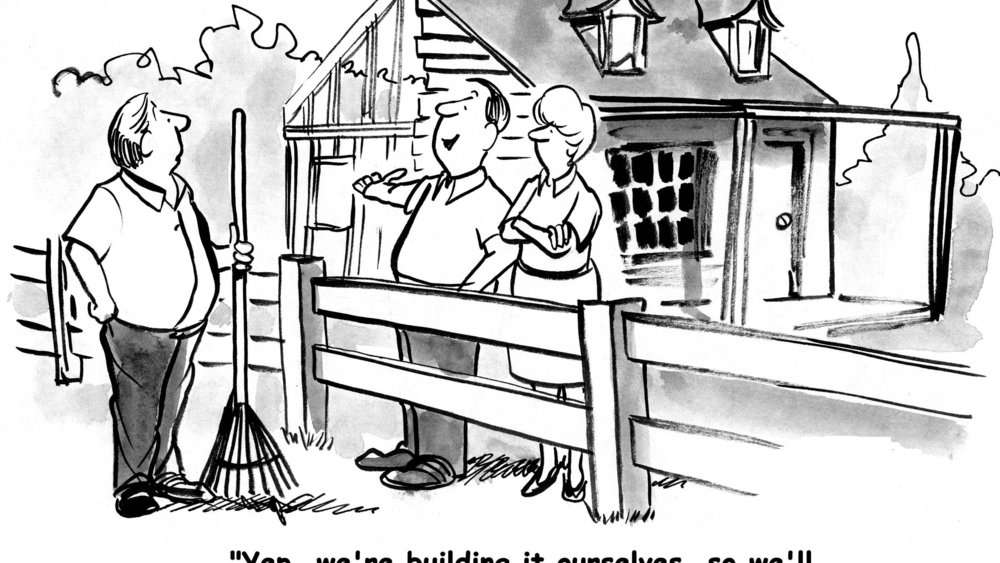Being your own general contractor is a pretty tall order, even for small projects, so before jumping in feet first, let’s look at what it involves and decide if you think you’re up to the task.
What’s your experience? The first thing to consider is how much experience you have in the construction trades. If you’ve previously worked in construction you have a leg up and can better understand the process of a building project from start to finish. If the most powerful tool you’ve ever wielded is a laptop computer, you might not be up for the challenge.
What’s your motivation? If your motivation is to save money, your experience will have a big impact on your success. With solid experience, you may be able to navigate the complexities of a job skillfully enough to garner some savings from a general contractor’s profit margin of 10 percent to 25 percent. Absent adequate experience, chances are high that inefficient planning and execution will eat up your projected savings and not make it worth all the hassle. Even experienced general contractors have trouble hitting those profit figures.
They make it look so easy. Consider all that general contractors do. Just because they only show up on a job site for an hour or two per day doesn’t mean that’s all they do. General contractors typically have multiple projects going at once and travel from site to site each day. In addition, they are supervising work that took many hours in the planning and permitting phase of construction, which goes unseen.
General contractors meet with clients, go over plans, suggest changes, and help design what the client wants. They also figure out how much of each material is needed, and the number of hours of labor by each subcontractor. General contractors schedule the delivery of materials and the work by each subcontractor in proper order so that the job flows smoothly. General contractors know the building codes and handle the permitting process. Finally, general contractors execute and supervise the whole job, dealing with problems and managing subcontractors.
One overlooked responsibility of general contractors is their ability to spot shoddy work by subcontractors. Subcontractors will be more responsive to professional general contractors to enhance their likelihood of being chosen for future jobs.


